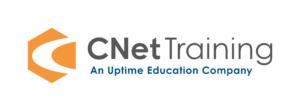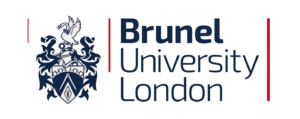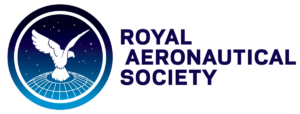A LEVEL
COMPUTER SCIENCE
What does this qualification cover?
Studying Computer Science will enable students to:
- Understand and apply the fundamental principles and concepts of Computer Science, including abstraction, decomposition, logic, algorithms, and data representation
- Analyse problems in computational terms through practical experience in solving such problems, including designing, writing, and debugging programs
- Think creatively, innovatively, analytically, logically, and critically
- Understand the components that make up digital systems and how they communicate with one another and with other systems
- Understand the impacts of digital technology on the individual and wider society
- Apply mathematical skills relevant to Computer Science
What’s included?
Component 01: Computer systems
Students are introduced to the internal workings of the (CPU), data exchange, software development, data types and legal and ethical issues. The resulting knowledge and understanding will underpin their work in component 03.
Students are introduced to the internal workings of the (CPU), data exchange, software development, data types and legal and ethical issues. The resulting knowledge and understanding will underpin their work in component 03.
It covers:
- The characteristics of contemporary processors, input, output and storage devices
- Types of software and the different methodologies used to develop software
- Data exchange between different systems
- Data types, data structures and algorithms
- Legal, moral, cultural, and ethical issues
Component 02: algorithms and programming
This builds on component 01 to include computational thinking and problem-solving.
It covers:
- What is meant by computational thinking (thinking abstractly, thinking ahead, thinking procedurally etc.)
- Problem solving and programming – how computers and programs can be used to solve problems
- Algorithms and how they can be used to describe and solve problems
Component 03: Programming project
- Students apply the principles of computational thinking to a practical programming project. This topic provides the skills to define, analyse, design, develop and evaluate a solution to a problem
- We learn how to program, not just the language, but the techniques required to develop robust programs which are both logically and syntactically correct
- The project is designed to be independently chosen by the student and provides them with the flexibility to investigate projects within the diverse field of computer science. We support a wide and diverse range of languages, like Python, Java and C++
Key Features
The OCR A Level in Computer Science will inspire, motivate and challenge students by following a broad, coherent, practical, satisfying and worthwhile course of study.
The key features of this specification encourage:
- Emphasis on problem solving using computers
- Emphasis on computer programming and algorithms
- Include agile methods during system development in component 3
- Emphasis on the mathematical skills used to express computational laws and processes, e.g., Boolean algebra/logic and comparison of the complexity of algorithms
- Emphasis on network design and security
Links to workplace
By choosing A Level Computer Science one will have access to a wide range of rewarding occupations for example:
- Data Analyst
- Computer technician
- Network Manager
- IT Manager/consultant
- Network design
- Project Manager
- Cybersecurity specialist
The course is also run in parallel with industry qualifications namely: Cisco Networking Academy courses and Palo Alto Academy courses (Cybersecurity).
APPLY FOR
Year 10
APPLY FOR
Year 12















